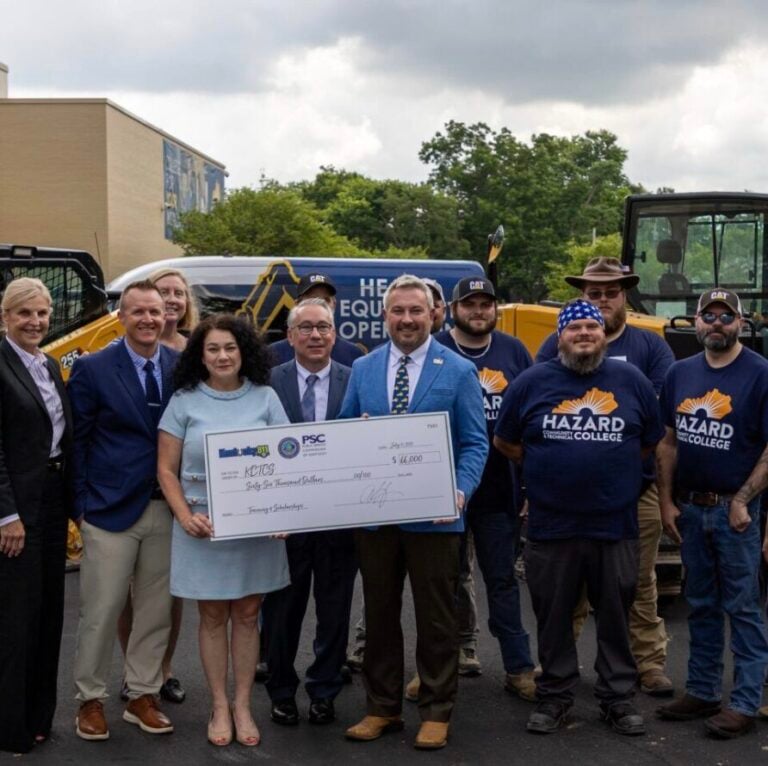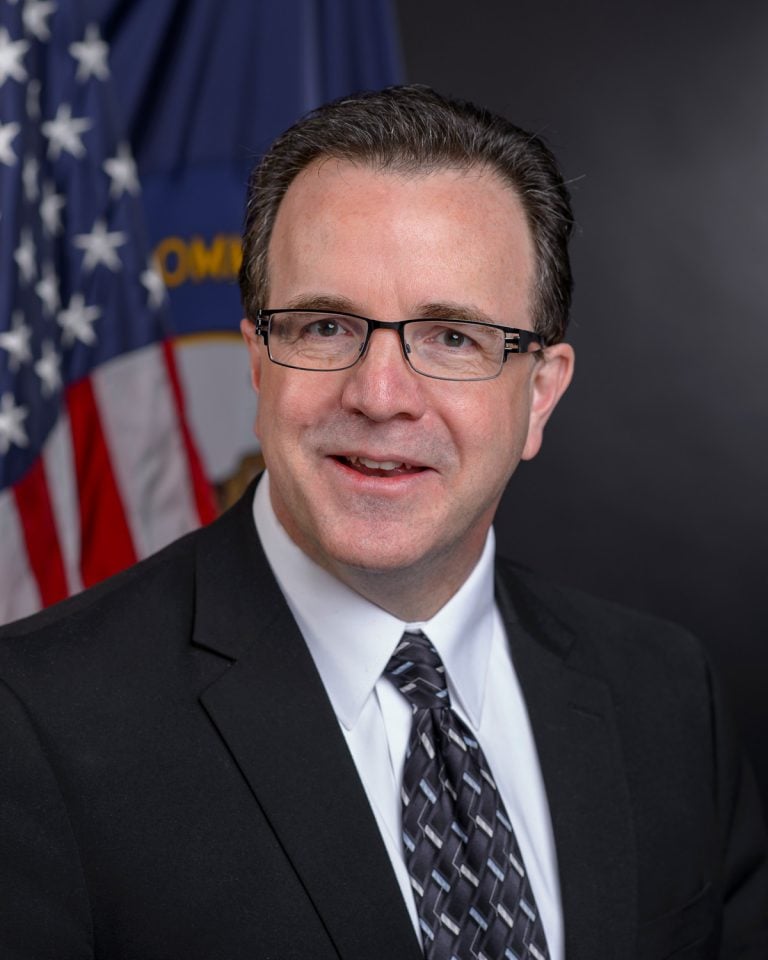Kentucky Health News
Americans will have access to several vaccines this fall to protect them against respiratory viruses, including COVID-19, influenza and respiratory syncytial virus (RSV), but effectively deploying them is expected to be challenging and confusing.
With the latest major mutation of the COVID-19 virus, “We have to have a lot of humility . . . There are a lot of things we don’t understand,” Dr. Scott Gottlieb, a former Food and Drug Administration commissioner who is on the board of vaccine maker Pfizer, said on CBS’s “Face the Nation” Sunday.
Gottlieb said studies are underway “to look at whether the new vaccine also covers this BA.2.86 variant . . . and we’ll have that data by the time the new vaccines become available. So by the time these are out in September, consumers will know how well it covers that new variant. We’ll also probably know whether or not it’s spreading.”

Confusion about respiratory virus is “absolutely overwhelming, especially for our patients,” Sterling Ransone, a doctor in rural Virginia and board chair of the American Academy of Family Physicians, told Fenit Nirappil and Lena H. Sun of The Washington Post.
They report, “An updated COVID booster should be available by late September. Flu shots are arriving at doctors’ offices. And for the first time, infants and seniors could be immunized against respiratory syncytial virus, a persistent foe that public health officials had few ways to prevent.”
The upcoming vaccine campaign comes at a higher cost to insurers and health practices, because the federal government is no longer footing the bill for COVID vaccines. And, providers need more guidance on how to sequence the shots and the risks of giving them together. And there are other issues that can’t be addressed until all of the vaccines are formally approved.
“Doctors have to figure out how to explain the nuances and unknowns of new vaccines at a time of rampant misinformation,” the Post reporters write. “Patients perplexed by changing coronavirus vaccine guidance now have more shots to consider. Public health officials worry a messy rollout could further erode confidence in routine vaccination and risk overwhelming the health-care system with preventable cases of RSV, flu and COVID.”
The updated COVID booster, designed to work on the XBB strain of the virus, which became dominant this year, marks the shift to an annual vaccination for all age groups, similar to the fall flu vaccine.
“The FDA is expected to sign off on the updated COVID boosters by mid-September, according to officials familiar with the plan. The CDC’s vaccine advisory panel is expected to meet shortly thereafter to recommend who should get the shots — probably everyone 6 months and older. Babies under 6 months are assumed to have antibodies passed along from their mothers. CDC Director Mandy Cohen has said the vaccines should be available for most people by the third or fourth week of September,” Nirappil and Sun report.
And as for concerns about getting the three shots at once, the authors write, “The CDC says it has not seen data suggesting safety concerns co-administering covid and flu shots, which could improve uptake of both vaccines. But clinical trials for the RSV vaccines found rare instances of severe side effects in people who received an influenza vaccine at the same time. It’s unclear if it was a statistical fluke or a consequence of co-administering the vaccines. Still, providers must weigh the potential for rare side effects against the potential harm of seniors contracting a severe case of a virus they are not vaccinated against.”
Gottlieb said he expects Covid-19 to follows “a flu-like pattern, with new variants each year.” He said this year’s flu vaccine appears to be effective, based on results in South America, where the southern part of the continent is in winter.
Kentucky Health News is a service of the Institute for Rural and Community Issues of the University of Kentucky.

















